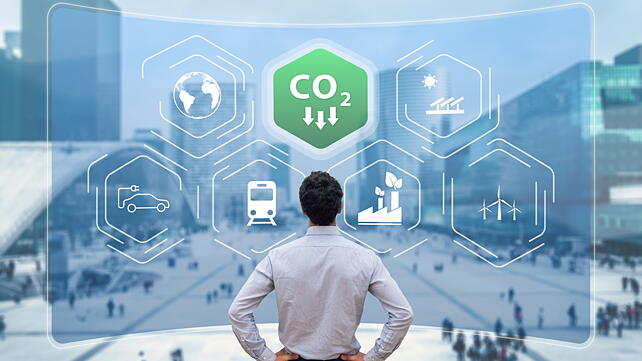
India ranked among the top CO2 emitters in the world; in fact, it was the third-largest in 2019, and it is expected to grow exponentially as India’s energy needs are expected to increase multifold.
Industry experts say that since there is no fit-for-all approach for addressing emissions, the industry and government must align its efforts with the country’s needs. Emissions can be significantly reduced through scaling up effective & efficient mobility.
On the World Environment Day, SIAM organised “Ecosystem Restoration: Initiatives by Indian Auto Industry,” where top industry leaders such as Vikram Kirloskar, Vice Chairman, Toyota Kirloskar Motor, Ashwath Ram, Chairman, SIAM Sustainability Mobility Group & Managing Director, TATA Cummins and Cummins India, Suresh Prabhu, India’s Sherpa to G20 & G7 and Member of the Parliament, Rajendra Petkar, Co-Chair, Sustainable Mobility Group and President & CTO, Tata Motors and Dr J R Bhatt, Advisor, Ministry of Environment, Forest & Climate Change to deliberate on the efforts taken by the industry to restore the environment.
Vikram Kirloskar said, “By 2040, modern bioenergy and renewable fuels are likely to meet 25% of India’s energy needs. However, due to the rapid increase in our overall energy needs, we are likely to see a 50% rise in CO2 emissions, the largest for any country, even then, the per capita carbon emission will continue to remain well below the global average.”
He further highlighted, TKM announced in 2015 that they will achieve zero environmental impact by 2050. To achieve this target, they will get over six challenges. Challenges like the New vehicle zero CO2 emission challenge, Life Cycle Zero CO2 challenge and Planet zero CO2 emission challenge will be towards achieving a reduction of CO2 emissions to zero.
On similar lines, by 2050, Volkswagen also aims to be a carbon-neutral brand. By 2025 VW plans to reduce the production-related externalities by 40% per vehicle compared to 2010.
Volkswagen India is also investing a large amount in developing solar energy and Biogas projects to achieve their carbon neutrality challenge. Other than that, they have taken up other environmental restoration programmes like planting about 23,000 trees in their Pune plant, while in the Aurangabad Oxygen Park, they have planted over 2,300 trees.
Ashish Gupta, Brand Head - Volkswagen Group Sales India, emphasised on the environment being at the centre of all industry actions and emphasised on the greening of aftersales services which included the adoption of various measures like reducing dependency on non-renewable energy sources, using waterless car washing systems, and various other measures.
Appreciating the sustainability efforts of the automotive industry, Suresh Prabhu said, “There has been rapid progress made by the automotive industry towards sustainability. Hence, the industry is able to achieve both mobility and nobility for the country. The integration of human beings into ecology is very complex. We can’t lose the balance between ecology and economy. We need to maintain ecology in its natural form. Towards that, the Forest Conservation Act was landmark legislation due to which India has 24% of forest cover today.”